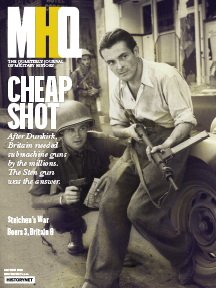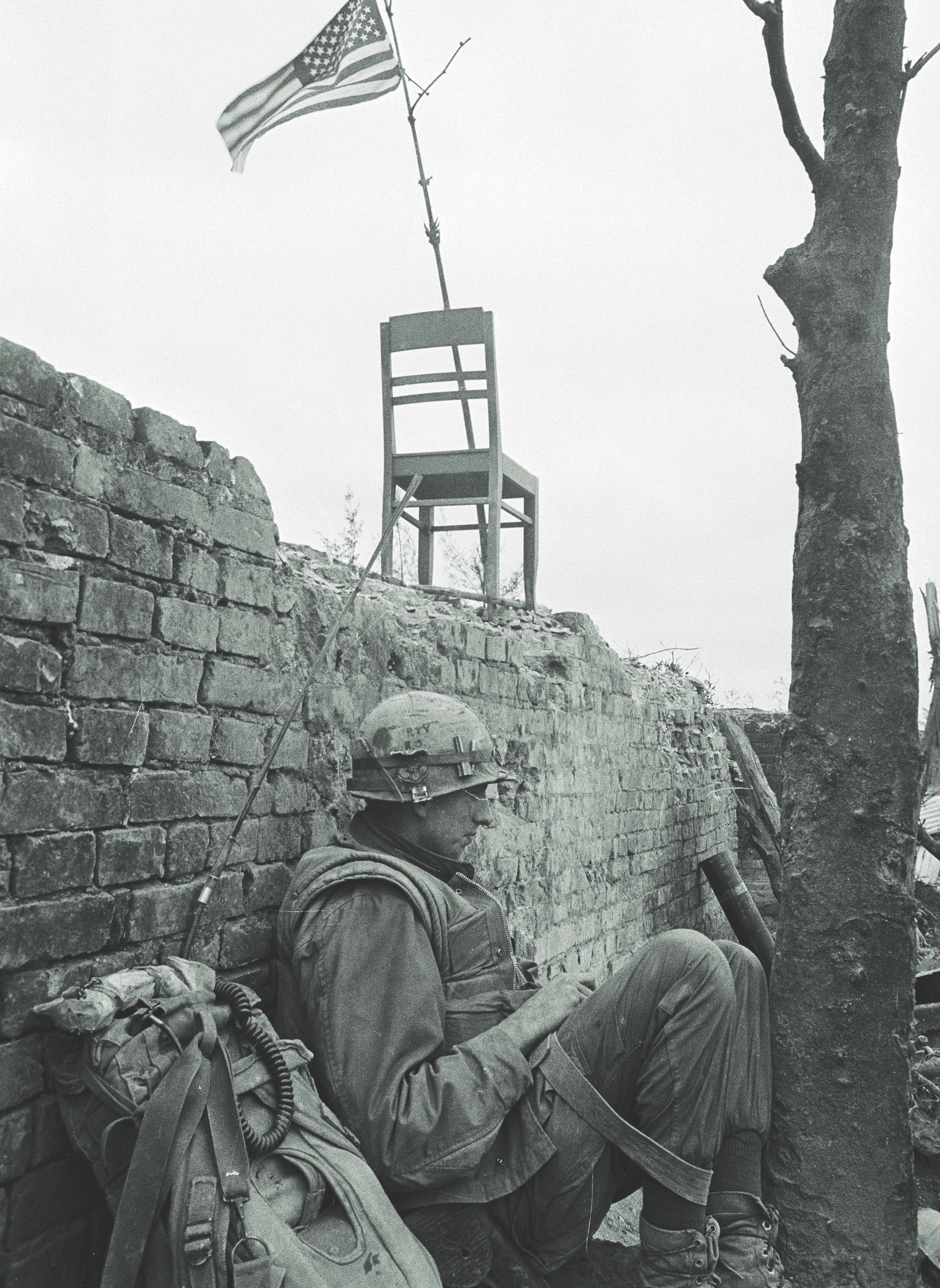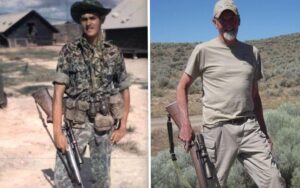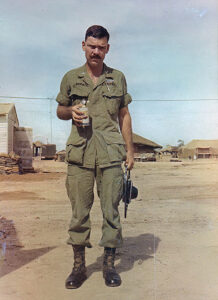W. D. Ehrhart is best known as a poet, though over the years he has earned his living as a construction worker, merchant seaman, forklift operator, legal aide, newspaper reporter, magazine writer, and high school teacher. A straight-A student in high school, Ehrhart enlisted in the U.S. Marine Corps on April 11, 1966, as he was finishing his senior year. Nine weeks later he put aside four college acceptances to begin active duty, and the following February he shipped out to Vietnam as an 18-year-old marine. “I stopped writing within a few months of my arrival in Vietnam,” he says, “when the war became so disturbing that I did not want to think about it.” Ehrhart received the Purple Heart Medal (for wounds he received in action in Hue City during the Tet Offensive) as well as other citations and commendations during his three years in the marines.
Once home, Ehrhart picked up where he left off, earning a bachelor’s degree from Swarthmore College in 1973. He went on to earn a master’s degree from the University of Illinois at Chicago Circle and a doctorate from the University of Wales, Swansea. His poems have appeared in hundreds of publications, including the American Poetry Review, the Cleveland Plain Dealer, the Los Angeles Times, Reader’s Digest, Utne Reader, and Virginia Quarterly Review.
The following poem appears in a new anthology titled Thank You for Your Service: Collected Poems (copyright 2019 by W. D. Ehrhart and reprinted by permission of McFarland & Company Inc.). Ehrhart recalls that he wrote the poem after Henry Kissinger, President Richard M. Nixon’s national security adviser (and, later, secretary of state), made his “peace is at hand” announcement in October 1972. “As usual,” Ehrhart says, “he was lying.”
A Relative Thing
We are the ones you sent to fight a war
you didn’t know a thing about.
It didn’t take us long to realize
the only land that we controlled
was covered by the bottoms of our boots.
When the newsmen said that naval ships
had shelled a VC staging point,
we saw a breastless woman
and her stillborn child.
We laughed at old men stumbling
in the dust in frenzied terror
to avoid our three-ton trucks.
We fought outnumbered in Hue City
while the ARVN soldiers looted bodies
in the safety of the rear.
The cookies from the wives of Local 104
did not soften our awareness.
We have seen the pacified supporters
of the Saigon government
sitting in their jam-packed cardboard towns,
their wasted hands placed limply in their laps,
their empty bellies waiting for the rice
some district chief has sold
for profit to the Viet Cong.
We have been Democracy on Zippo raids,
burning houses to the ground,
driving eager amtracs through new-sown fields.
We are the ones who have to live
With the memory that we were the instruments
Of your pigeon-breasted fantasies.
We and inextricable accomplices
In this travesty of dreams:
but we are not alone.
We are the ones you sent to fight a war
you did not know a thing about—
those of us that lived
have tried to tell you what went wrong.
Now you think you do not have to listen.
Just because we will not fit
into the uniforms of photographs
of you at twenty-one
does not mean you can disown us.
We are your sons, America,
and you cannot change that.
When you awake,
we will still be here.
[hr]
This article appears in the Autumn 2019 issue (Vol. 32, No. 1) of MHQ—The Quarterly Journal of Military History with the headline: Poetry: ‘We Are the Ones’

Want to have the lavishly illustrated, premium-quality print edition of MHQ delivered directly to you four times a year? Subscribe now at special savings!





